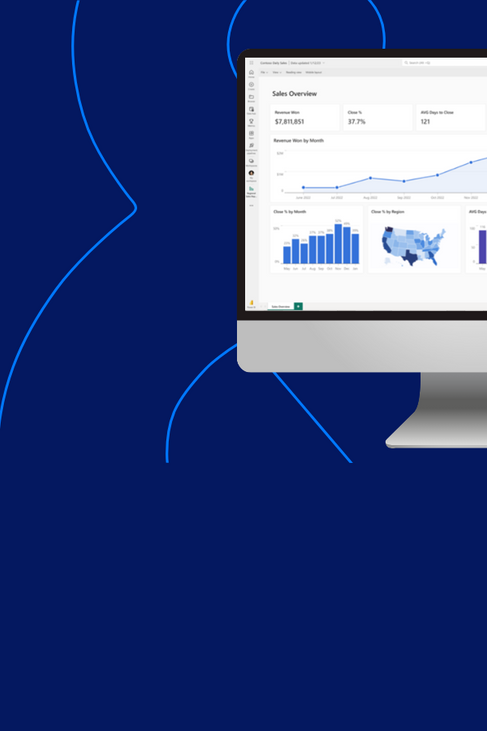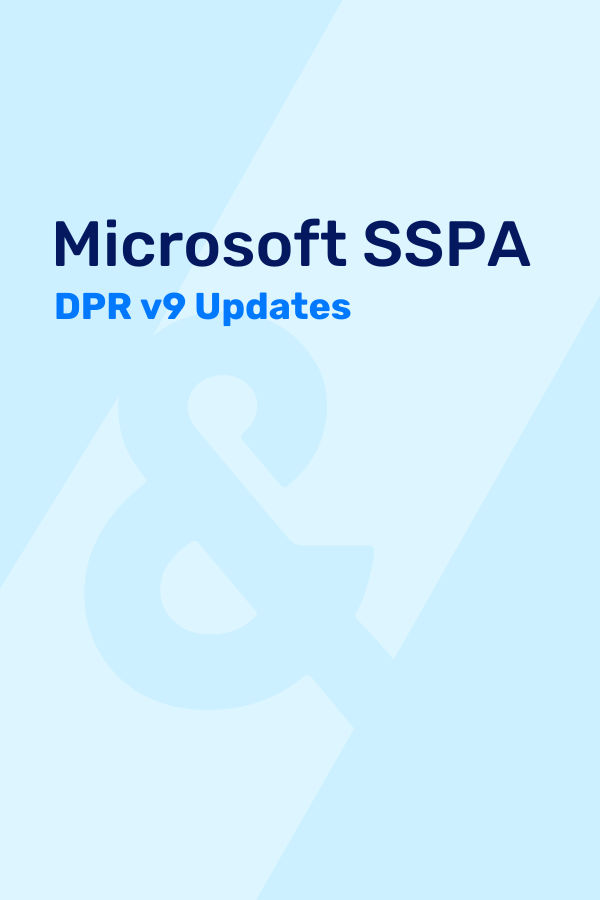The statistics on opioid abuse, overdoses, and drug-related deaths are alarming. As a result, many healthcare companies that specialize in providing addiction related recovery services are experiencing substantial growth. As one of the top healthcare providers in New York State that is committed to fighting the disease of addiction, Liberty Behavioral Management Group, Inc. is an example of a healthcare company experiencing rapid growth. In September 2017, Liberty became the latest healthcare provider in New York to become a 100% ESOP owned company.
Liberty owns and operates two large inpatient Substance Use Disorder facilities – Conifer Park, a 225-bed facility in the Albany region, and Arms Acres, a 183-bed facility outside of Manhattan. They also operate ten outpatient clinics throughout New York. These facilities provide high quality services to those suffering from chemical dependency, co-occurring medical and mental health disorders, and to those whose lives are impacted by the disease of addiction.
When Liberty’s shareholders, Gay Hartigan, William Hartigan, and Robert Eustis were exploring their options for ownership succession and liquidity, their primary objective was to retain current management and allow employees to share in the financial success of the company. It wasn’t about selling to the highest bidder. The shareholders believed that an ESOP would reward the employees who work on the front lines with patients fighting drug and alcohol addiction. To properly adopt an employee stock ownership structure, Liberty retained a team of ESOP experts, including SC&H Capital.
“ESOPs are a great option for business owners who find it important to keep their companies independent and to reward their employees,” said Gregory Hogan, Director at SC&H Capital. Through the implementation of an ESOP, Liberty has proven its appreciation of their employees who have dedicated their lives to providing addiction treatment services. “Healthcare providers are dealing with a myriad of uncertainties, including regulatory changes and shifting payment and care delivery models,” said Hogan. “An ESOP helps shelter a company’s employees from an added layer of uncertainty that a traditional sale of the company to a third party would bring.”
In order for Liberty to complete the ESOP transaction, they were required to obtain regulatory approval from the Office of Alcoholism and Substance Abuse Services – the New York state regulatory agency charged with monitoring operators of substance abuse facilities. Such regulatory approval requirements are common in the healthcare industry as a measure to protect the populations served from changes in control that could impact patient care. Liberty’s team of ESOP advisors diligently worked with the shareholders throughout the extensive regulatory process.
With the support of Liberty’s management team and an evolving culture of employee ownership, their staff has the tools they need to make an impact on the opioid epidemic. Future state and federal funding to subsidize addiction treatment and implement addiction prevention programs will give companies like Liberty the support they need to continue to fight the battle against addiction.
SC&H Capital has dedicated ESOP experts on staff to assist with the formation, termination, and administration of ESOPs. In addition to providing a variety of professional services to ESOP plan sponsors, SC&H is also a 100% employee-owned company. As a result, SC&H professionals have a deep understanding of the unique challenges and opportunities that come along with running an ESOP company.





